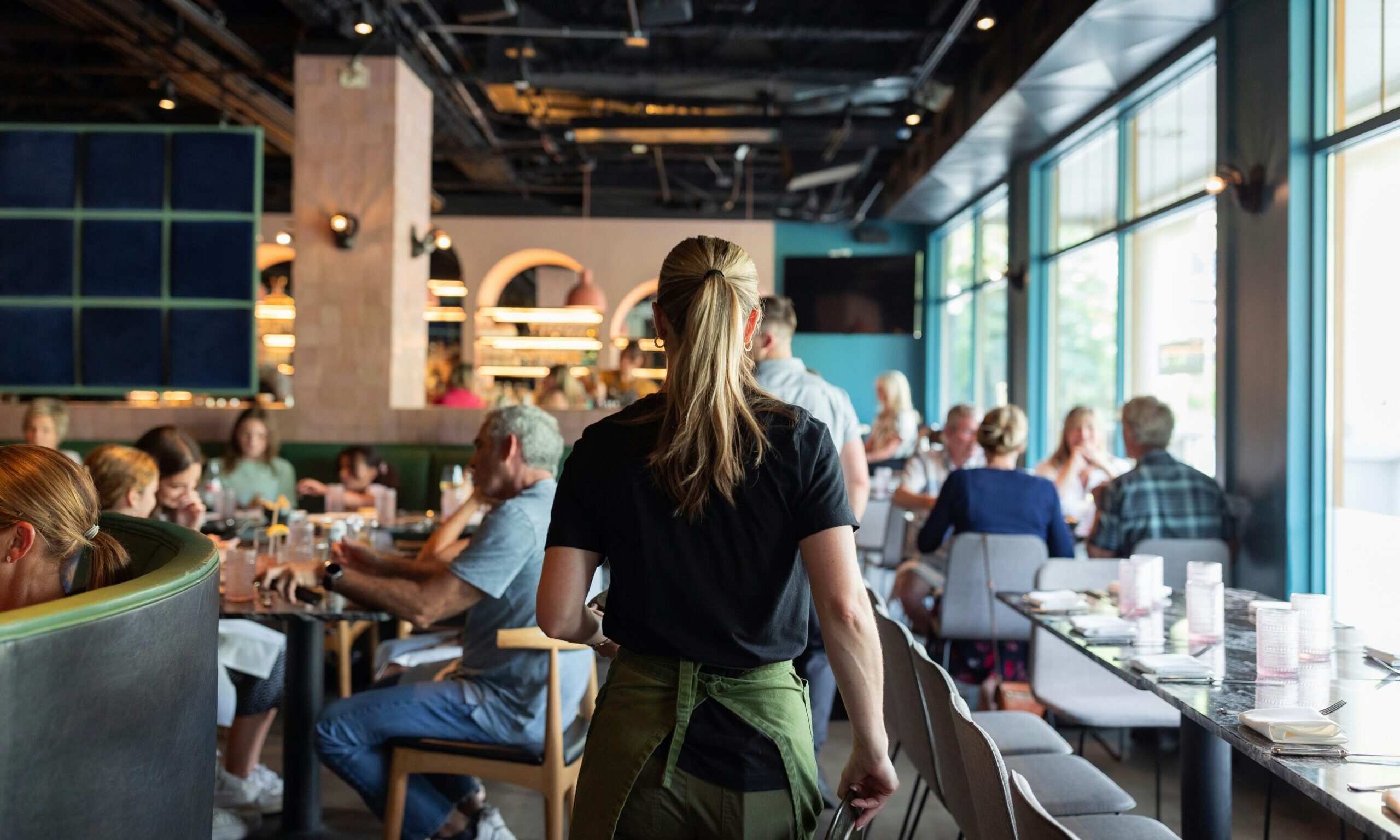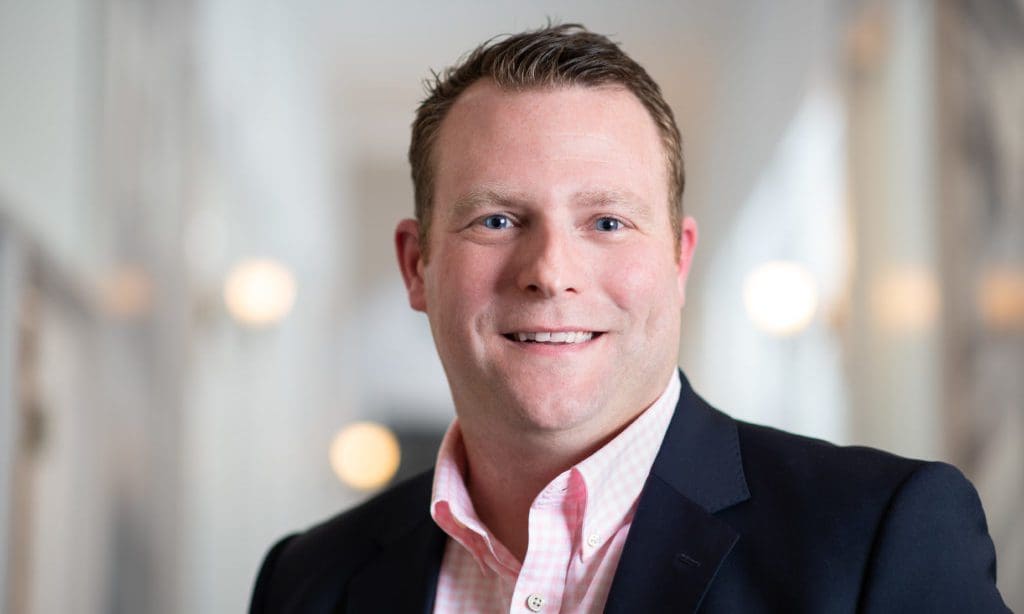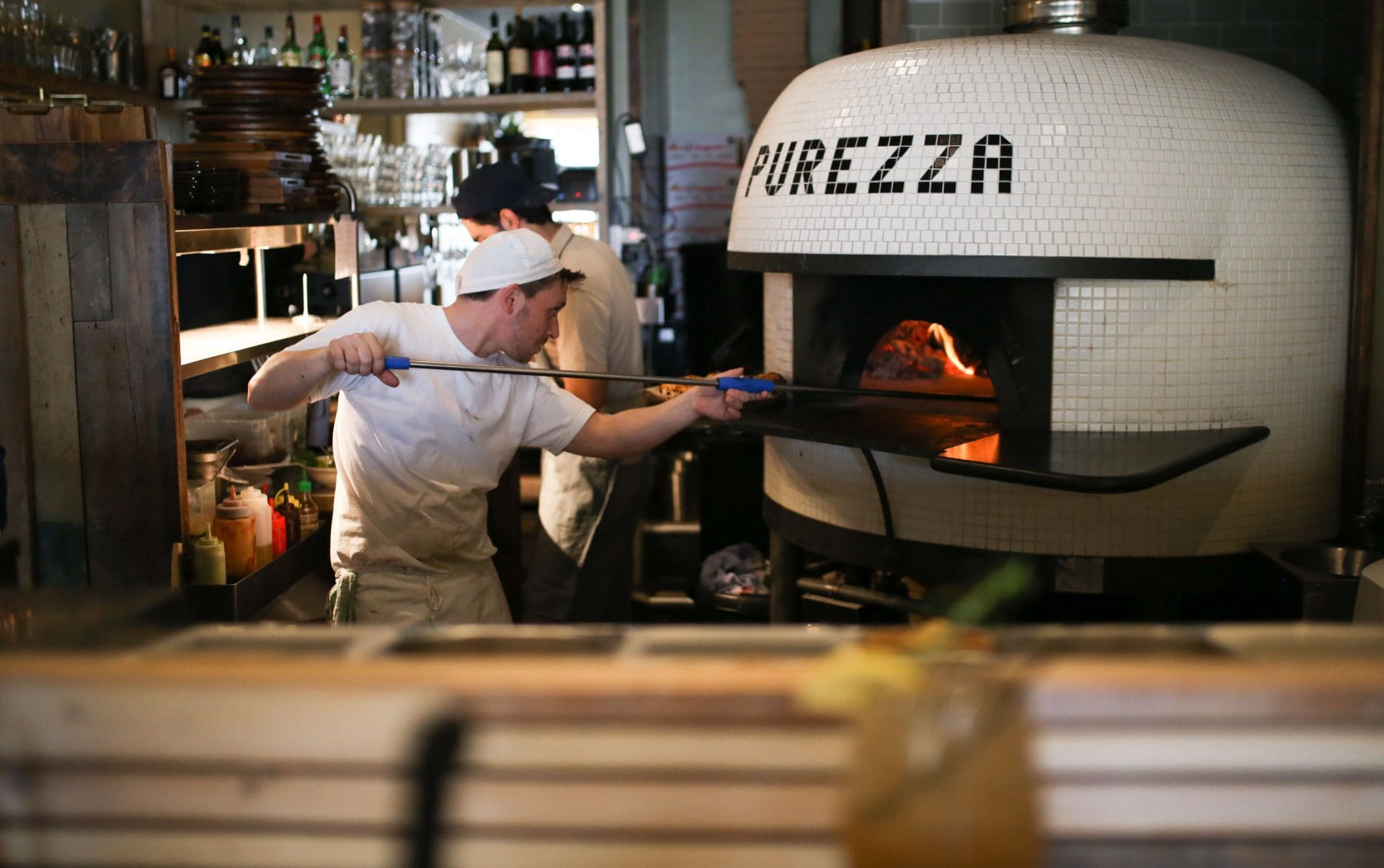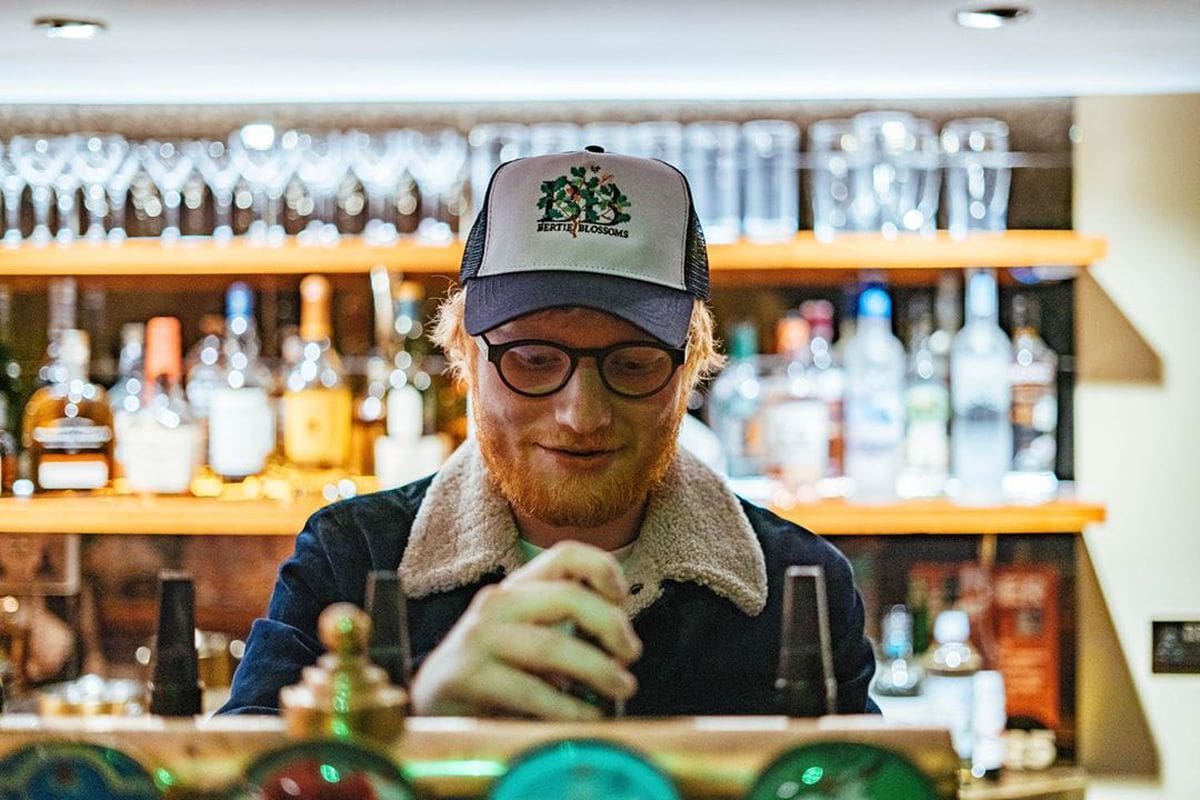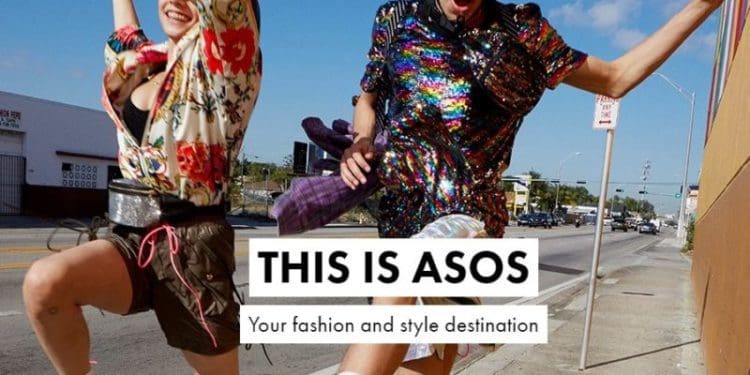Register to get 2 free articles
Reveal the article below by registering for our email newsletter.
Want unlimited access? View Plans
Already have an account? Sign in
“I was a child protection barrister for 20 years but always with a completely blinding passion and obsession for the food of my ancestors – which is home-style Indian food,” says Nisha Katona, founder of Indian street food chain Mowgli.
Katona started her restaurateur journey because she realised that a lot of traditional food would be “lost once first generation family members pass away”, so she decided to start teaching Indian cooking according to “very simple set of homegrown formulas” that her ancestors observed for “hundreds of thousands of years”.
“Then the bug of entrepreneurism bit me,” she says, “and I said: ‘Listen if you are addicted to this food and you can’t get it on the high street then what about setting up a little stall’, and once that thought entered my head there was no ignoring it,” she recalls.
Despite having a “great job, great career and a great salary” she said the idea had “come alive” and so she decided to take the plunge. However, the most frightening part was not leaving her successful career behind, but entering a space where there are “very few female role models” and is often depicted as an industry stoked by “aggression” and “testosterone-fuelled pride”.
“I just felt that I didn’t really fit with that and so I was very reluctant at the beginning,” says Katona. However she adds since she started five years ago, she has only found the “restaurant fraternity” to be an “extremely collaborative and affectionate place”.
“Eventually I started to look around for a site and wanted to go into Liverpool city centre but nowhere would have me, as I just looked like someone who was having a midlife crisis,” laughs Katona. Instead she found a “very cheap site on a street that nobody wanted” and opened her first Mowgli restaurant. It is now the busiest food street in Liverpool.
“I opened it and hand-trained the chefs myself and on principle I only picked ‘curry virgins’ if you like – chefs that haven’t cooked curry before – so I could hand train them in the ways of my family,” she adds.
After about three weeks the queues for the restaurant were out on the street. After about four weeks she received her first offer of investment – which she didn’t take – but people had spotted that Mowgli had the potential to be a brand and she explains that people from all over the country were seeking to invest.
“This is what told me I was on to something because all the while I was thinking this is not going to survive – maybe it will last a year. I will get two at the most. But the queues did form and they haven’t stopped.”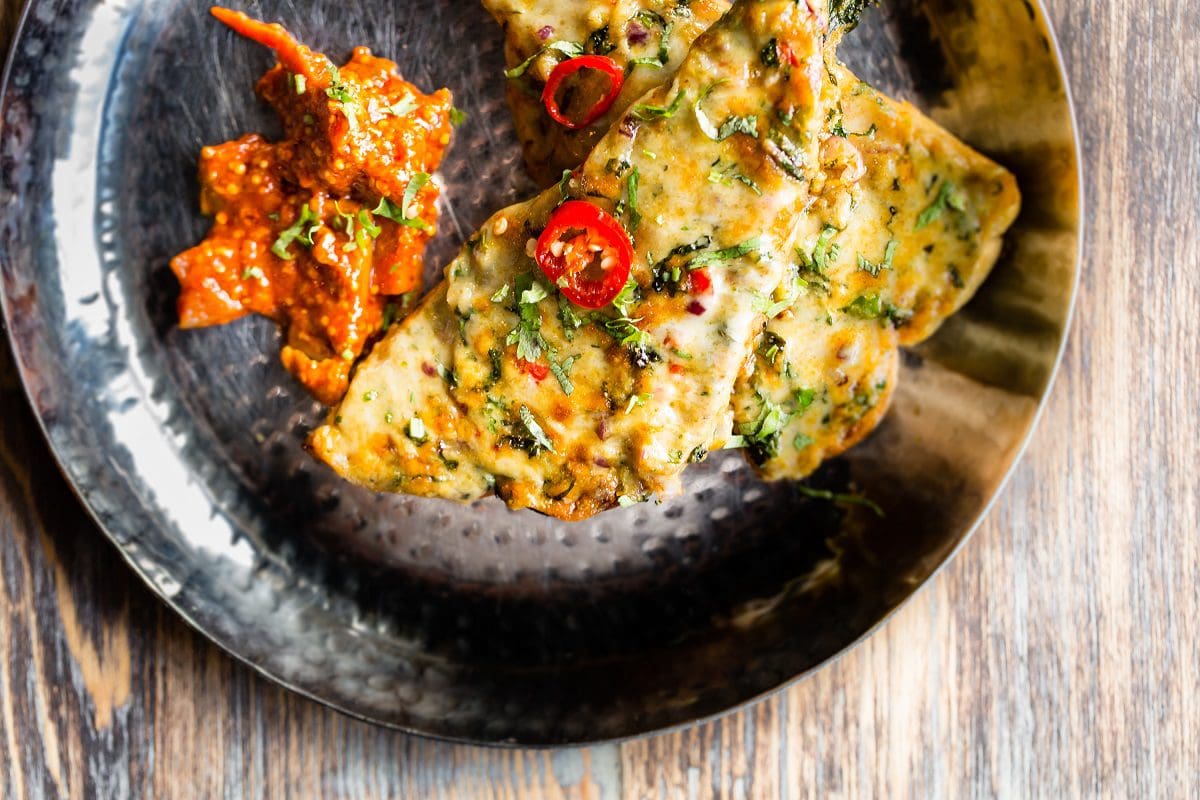
Katona has just signed her 18th lease in five years and Mowgli now spans the UK with locations in London, Manchester, Leeds, Bristol, Cardiff, Sheffield, Oxford and additional sites in Liverpool. Mowgli has also been voted in the Fast Track 100 as the fastest growing restaurant business and one of the fastest growing companies in the UK.
Katona is especially proud of the achievement as there has “never been a national Indian casual brand across the UK”. She adds: “And you sort of understand why. There are so many preconceptions about Indian food that are so dreadful and you have got to really demolish them and talk, and talk and demonstrate you are not what people think.”
HOW BEST TO GROW YOUR BRAND
When asked how people can best emulate her brand’s growth she imparts the knowledge that people often “take their eye off of what they do well”. “It is very important that you do not grow too quickly, it is very important that your growth is commensurate,” she says.
Katona knew that coming from a domestic background that she had the ability cook for 100 people from a “tiny kitchen with one hob and a couple of spoons” and so can instruct her chefs in a similar way, creating a “very simplified and live business model” that for Mowgli makes growth and scaling “easy”.
“Scaling is easy when you have all your elements prescribed. It helps that I am the exec chef, I am the development chef and any recipes are mine. I am not dependent on anyone else and coming in and changing the menu all the time. I have the menu locked down, the sets of service, my training my culture is very particular and most importantly I know why Mowgli exists – to enrich lives.”
She says that it is “really important” to have a culture and that the reason that she built Mowgli is that everything she does has this one aim, adding it is her “guiding star” and where she resets her heart “every morning” when she gets up before going to work.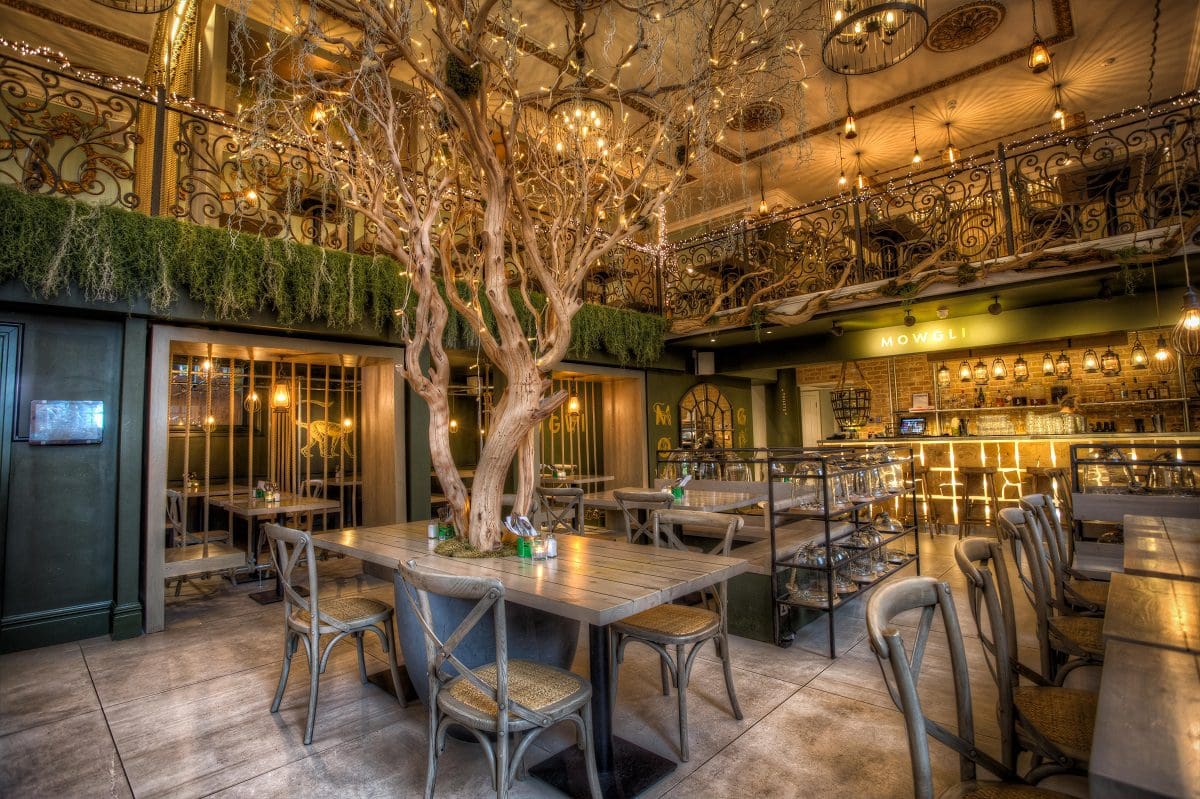
Often the result of this starts with her staff, looking at their pay, holiday and break times. Once you have a “superseding principle” Katona “doesn’t really care” what the rest of the industry is doing. “I have a very strong faith that I feel like I have to do what is right for my people, because if they are happy, my teams are happy and they will cook beautiful food and present fantastic service that feels like a family.”
She also advises that once you have everything broken down to a “very strict formula” and when you have those locked down it is straightforward. Instead, the hard work and “where you need to be sensible” is at the beginning. It is “really important” to understand and establish what consumers want and don’t want.
“What they don’t actually want is to go into their favourite restaurant and for the menu to change all the time. Very few people want it to be a different way of eating. That is certainly not what fast casual dining is about and is more high dining.”
Ultimately Katona says what people want is to go into their favourite eatery and order the same thing every time, and that they “do not even want to know what else is on the menu”. She adds: “They want to take their friends there and shout about this dish that they enjoy so much.”
THE COBRA COLLECTIVE
Katona wants to help up and coming restaurant brands, and this drove her involvement with The Cobra Collective. It is the brainchild of Cobra Beer, founder Lord Karan Bilimoria, and is an initiative designed to support the UK restaurant industry, by bringing together a panel of successful chefs, restaurateurs and restaurant industry entrepreneurs to help steer the next wave entering the industry.
Along with Katona, the collective is made up of Andrew Wong, Michelin-starred chef; Monica Galetti, chef, entrepreneur and BBC One’s MasterChef host; Nisha Katona MBE, restaurateur; Alexandra Dudley, content creator and beer sommelier Ed Hughes.
“We are a nation full of entrepreneurs in the waiting that like me have had a career and are now thinking I want to do something else because I have this brilliant thing I want to bring to the market,” says Katona.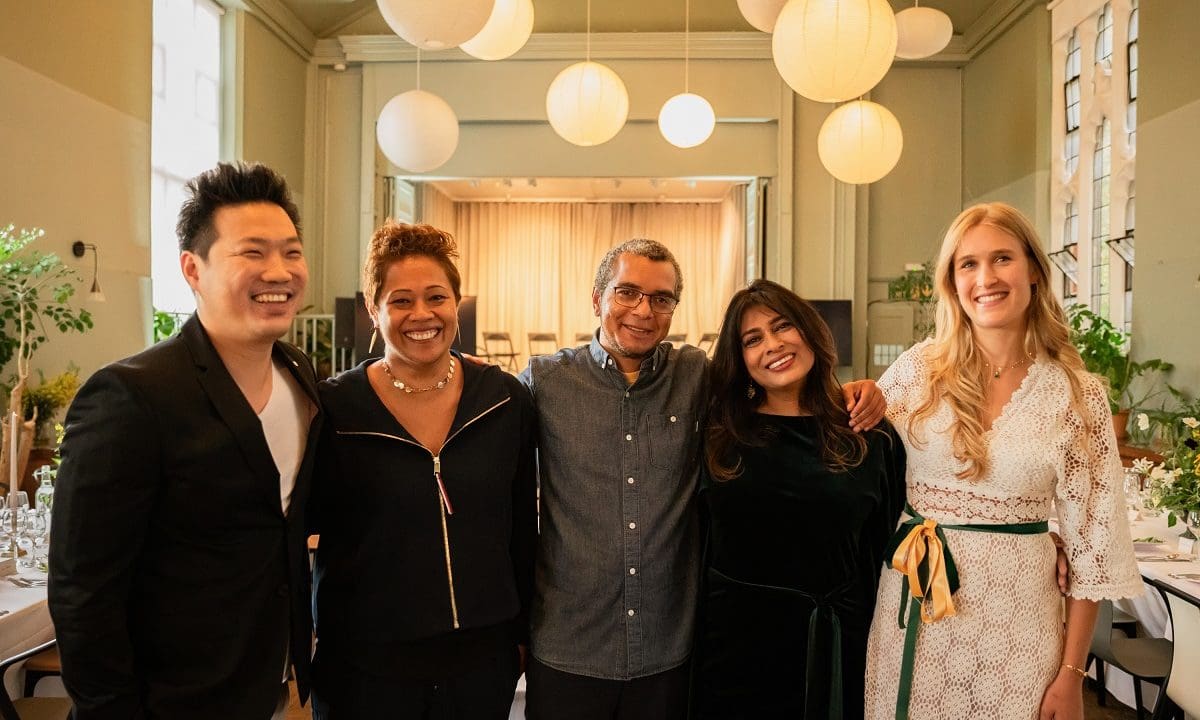
“The more I can talk [about] and share what that this journey is like the better, and that is what the Cobra Collective is all about. It gives people advice on what we have learnt from the journey and I myself would have been so grateful for at the start of my journey to be able to hear someone like Monica Galetti, or myself, that come from a different background, that are woman and can inform others of what it is actually like – is it going to destroy your family, or break the bank? All of those things that are important to talk about.”
A TOUGH MARKET THAT OFFERS OPPORTUNITY
Considering the current state of the market Katona believes that while there are closures and the market has “pros and cons”, it is still offering opportunity. “With a lot of CVAs happening it means there are a lot of good land deals to be had and good restaurants sites to take but it is very sobering as that might be Mowgli one day.
“I may come across problems one day but right now what it means there is room for the high street. It is sobering, I look at these brands that are huge but there are a lot of lessons to be learned but ultimately it also means there are opportunities.”
In a recent meeting with her accountant, Katona says they looked at the chains facing financial difficulty, and decide the common denominator was that they could not remember the last time they ate at any of them.
On a personal level, Katona sees 2020 as an “exciting time”, as she plans to open further sites in Leeds and Bristol, and the company is looking at sites in Newcastle, Glasgow and Edinburgh. “The plan is to open about four or five Mowglis a year. I spend my time on the road looking at potential sites so it is a very, very exciting year ahead of us. What is so lovely is that it is not stressful – I wake up in the morning raring to go, and I would wish that for anyone who is my position.”



